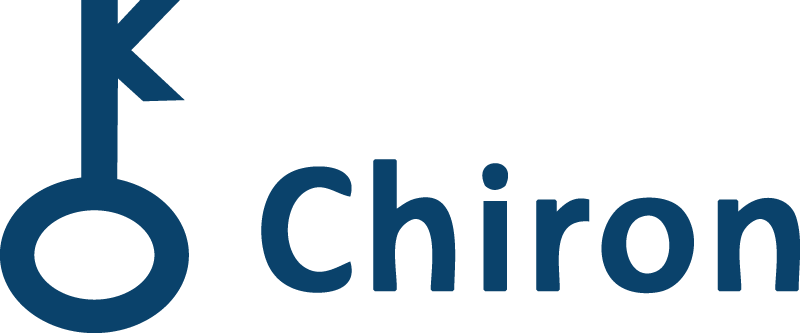More news emerging from the Boeing investigation into the 737 Max suggests that attention was placed on securing regulator approval to the exclusion of product refinement and ultimate passenger safety. FAA approval was vital to get the plane into production to compete with Airbus for airline contracts. Time pressure in the commercial landscape distorted judgement and as risk appetite grew so the understanding of risk tolerance vanished. Where have we seen this before?
In 2015 the car manufacturer VW had been pushing hard to increase share in the US market, promoting diesel as a green and economical fuel. US regulators discovered ‘defeat devices’ in engine management software which were designed to activate emissions controls only during laboratory emissions testing. These enabled vehicle Nitrogen Oxides output to meet US standards during regulatory testing, yet emit up to 40 times more Nitrogen Oxides in real-world driving. VW had focused on securing regulator endorsement not actually delivering clean fuel.
What do these two situations have in common? Commercial drivers distorted corporate priorities to the extent that satisfying the regulator overtook all other considerations. Commercial success in a competitive environment meant that regulator compliance guaranteed a licence to operate and securing this became an overriding imperative. There are other regulated markets where compliance has driven some strange policy decisions.
In Financial Services, the FCA stipulates the type of investment products it approves, yet some fund managers still manage to ‘wrapper’ within portfolios some products from the unregulated market, as these frequently offer higher returns. The risks of unregulated investments become apparent when they become serious losses. The Neil Woodford fund is the most recent casualty of this, yet there could be more funds with latent toxicity as any promise of higher returns will always attract certain investors.
Any regulated market will attract those happy to ‘game the system’ if there is a commercial gain. Risk is after all a calculation of the likelihood of reward and the cost involved in achieving it. Risk appetite increases in a competitive market, and risk tolerance typically increases in tandem although the full implications are seldom explored. Many of the best case studies of corporate scandal involve a corporation with a hitherto modest risk appetite surprising itself by demonstrating a much higher one without appreciation by the board.
Regulators play a role in setting codes of operating rules, however where compliance becomes the main focus of a corporation, it risks losing sight of why it is in business and the purpose it intends to serve.
For more information contact info@chiron-risk.com

